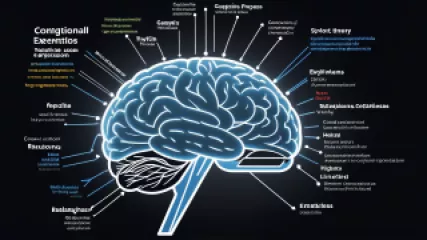Discovering the Holistic Nature of Eco-Therapy
1 year ago
Eco Therapy
How to Manage Seasonal Affective Disorder with Online Resources
1 year ago
Seasonal Affective Disorder
Coping with the End of a Relationship: A Step-by-Step Guide
1 year ago
Coping with End of Relationship
Proven Parenting Tips for Raising Successful Teenagers
1 year ago
Parenting Tips
Building Resilience in Children: A Step-by-Step Guide
1 year ago
Childhood Resilience Building
The Ultimate Guide to Integrating Spirituality and Mental Health
1 year ago
Spirituality and Mental Health
10 Best Alternative Therapies for Holistic Health
1 year ago
Alternative Therapies
Lessons from 'The Danish Girl' on Gender Identity Exploration
1 year ago
Gender Identity
The Importance of Sensory Processing Consultations for Understanding Your Unique Needs
1 year ago
Sensory Processing
5 Proven Strategies to Reignite Motivation After Failure
1 year ago
Finding Motivation After Failure
Understanding Emotional Expression: A Research Summary
1 year ago
Understanding Emotions
Mastering Social Skills: A Step-by-Step Guide for Building Confidence Online
1 year ago
Social Skills
6 Simple Steps to Manage Seasonal Affective Disorder
1 year ago
Seasonal Affective Disorder
The Ultimate Guide to Overcoming Addiction
1 year ago
Addiction
Discovering My Multiple Intelligences: A Personal Journey
1 year ago
Intelligence Theories














